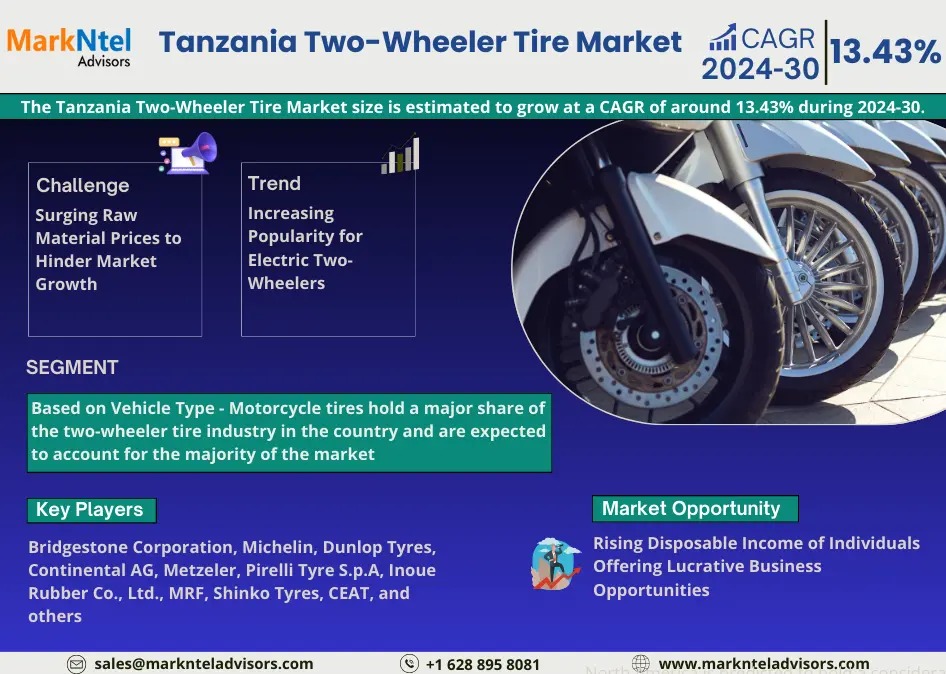
The UAE is a global tourism hub. Cities like Dubai and Abu Dhabi attract millions of visitors each year. Hotels, resorts, and tour operators face fierce competition to stand out online. SEO in the UAE helps these businesses rank higher on Google, drive direct bookings, and reduce reliance on costly third-party platforms. This guide explores how SEO transforms the UAE’s hospitality and tourism industry. It offers practical, actionable strategies to boost your online presence.
Why SEO in The UAE Matters for Hospitality and Tourism
Travelers use search engines to plan trips. Over 90% of people start their travel research on Google. In the UAE, where tourism contributes significantly to the economy, ranking high in search results is critical. SEO ensures your hotel or tour business appears when travelers search for terms like “luxury hotels in Dubai” or “desert safari Abu Dhabi.” High rankings lead to more clicks, bookings, and revenue.
UAE SEO also helps businesses compete with Online Travel Agencies (OTAs) like Booking.com and Expedia. These platforms charge high commissions, reducing profits. A strong SEO strategy drives direct bookings through your website, saving costs and building brand loyalty.
Key Benefits of SEO for Hospitality Businesses
- Increases online visibility for hotels, resorts, and tour operators.
- Drives direct bookings, reducing OTA commissions.
- Targets local and international travelers with relevant keywords.
- Builds trust through high-quality content and reviews.
- Improves user experience with fast, mobile-friendly websites.
How SEO Works in the UAE’s Competitive Tourism Market
The UAE’s hospitality market is unique. It blends luxury, adventure, and cultural experiences. SEO strategies must align with traveler needs and search behaviors. Here’s how businesses can optimize their websites to rank well and attract guests.
1. Target Localized and Intent-Based Keywords
Keyword research is the foundation of SEO. In the UAE, travelers use specific terms to find accommodations and experiences. Examples include “best hotels near Burj Khalifa” or “family-friendly resorts in Abu Dhabi.” These are location-based, high-intent keywords that signal a traveler’s readiness to book.
Use tools like Google Keyword Planner or SEMrush to find high-volume, low-competition keywords. Focus on long-tail keywords, such as “luxury spa resorts in Dubai 2025,” to capture specific audiences. Avoid keyword stuffing, as Google penalizes overuse. Instead, weave keywords naturally into your content.
2. Optimize for Local SEO
Local SEO in Dubai is critical for hospitality businesses. Travelers often search for “hotels near me” or “restaurants in Dubai Marina.” To rank for these searches, optimize your Google My Business (GMB) profile. Include accurate details like your hotel’s name, address, phone number (NAP), and amenities like Wi-Fi or parking.
Encourage guests to leave positive reviews on GMB. Reviews boost local rankings and build trust. Also, list your business on UAE tourism directories like Visit Dubai. Consistent NAP across platforms strengthens your local SEO.
3. Create High-Quality, Engaging Content
Content is king in SEO. Travelers seek helpful information before booking. Create blog posts, travel guides, and FAQs that answer common questions. Examples include “Top 10 Things to Do in Dubai” or “UAE Travel Requirements 2025.” These topics attract informational searches and keep visitors on your site longer.
Use simple language and short sentences. Include visuals like high-resolution images and virtual tours to showcase your property. Optimize images with descriptive alt text, such as “luxury hotel room in Dubai,” to improve search visibility.
4. Enhance Technical SEO
Technical SEO ensures your website performs well. Google prioritizes fast, mobile-friendly, and secure sites. Many travelers book via smartphones, so a responsive design is essential. Use tools like Google PageSpeed Insights to check load times. Compress images and use a Content Delivery Network (CDN) to boost speed.
Add structured data (schema markup) to help Google understand your site. For hotels, use schema for ratings, prices, and amenities. This can display rich snippets, like star ratings, in search results, increasing click-through rates.
5. Build High-Quality Backlinks
Backlinks from reputable websites signal authority to Google. Partner with local tourism boards, travel blogs, or influencers to earn links. For example, a guest post on a site like Visit Dubai can drive traffic and improve rankings. Avoid low-quality or paid links, as they risk penalties.
Internal linking also helps. Link to your booking pages or blog posts using keyword-rich anchor text. This keeps users engaged and helps Google index your site.
Adapting to Traveler Search Behavior in the UAE
Travelers in the UAE have unique preferences. Many seek luxury experiences, halal tourism, or medical tourism. Others want last-minute bookings or voice search options. Your SEO strategy must adapt to these trends.
Voice Search and Mobile Optimization
Voice search is growing. Travelers use Siri or Google Assistant to find “best rooftop restaurants in Dubai.” Optimize for conversational queries, like “where to stay in Abu Dhabi for families.” Use natural language in your content to match these searches.
Mobile optimization is non-negotiable. Over 70% of travelers use smartphones to book. Ensure your site is responsive, with easy navigation and fast load times. Test your booking process to ensure it’s seamless on mobile.
Multilingual Content for Global Audiences
The UAE attracts international visitors. Create multilingual content to target key markets, like Europe, Asia, or the Middle East. For example, offer blogs in Arabic, English, and Mandarin about “Dubai visa on arrival countries.” This broadens your reach and improves rankings for non-English searches.
Measuring SEO Success
SEO is a long-term investment. Track metrics to gauge success and refine your strategy. Use tools like Google Analytics and Search Console to monitor:
- Organic traffic: Measure visitors from search engines.
- Keyword rankings: Track your position for target keywords.
- Conversion rates: Monitor direct bookings from your site.
- Bounce rate: Ensure visitors stay on your pages.
- Dwell time: Check how long users spend on your site.
Regularly audit your site for technical issues. Update content to align with new trends, like “sustainable tourism in the UAE.” Staying proactive keeps your rankings stable through Google’s algorithm updates.
Common SEO Challenges in UAE Hospitality
Hospitality businesses face unique hurdles. Many use WordPress with builders like Elementor, which can slow down sites if not optimized. Others rely heavily on OTAs, limiting direct traffic. Address these by:
- Optimizing WordPress for speed with plugins like WP Rocket.
- Creating unique landing pages for each location or service.
- Using analytics to identify high-performing keywords.
Competition is another challenge. OTAs and large hotel chains dominate SERPs. Focus on niche keywords and local SEO to carve out your space.
Actionable Steps to Start Your SEO Journey
Ready to boost your hospitality business with SEO? Follow these steps:
- Conduct keyword research: Use tools to find high-intent, low-competition keywords.
- Optimize your GMB profile: Add accurate details and encourage reviews.
- Create valuable content: Write blogs and guides that answer traveler questions.
- Improve site speed: Use tools to enhance load times and mobile performance.
- Build backlinks: Partner with local businesses and travel blogs.
- Track performance: Monitor metrics and adjust your strategy monthly.
Conclusion
SEO is a game-changer for the UAE’s hospitality and tourism industry. It drives visibility, attracts travelers, and boosts direct bookings. By targeting localized keywords, optimizing for mobile, and creating engaging content, your business can stand out in a competitive market. Start with small, actionable steps and track your progress. With patience and consistency, SEO services in UAE will help your hotel, resort, or tour company thrive in the UAE’s vibrant tourism landscape.






